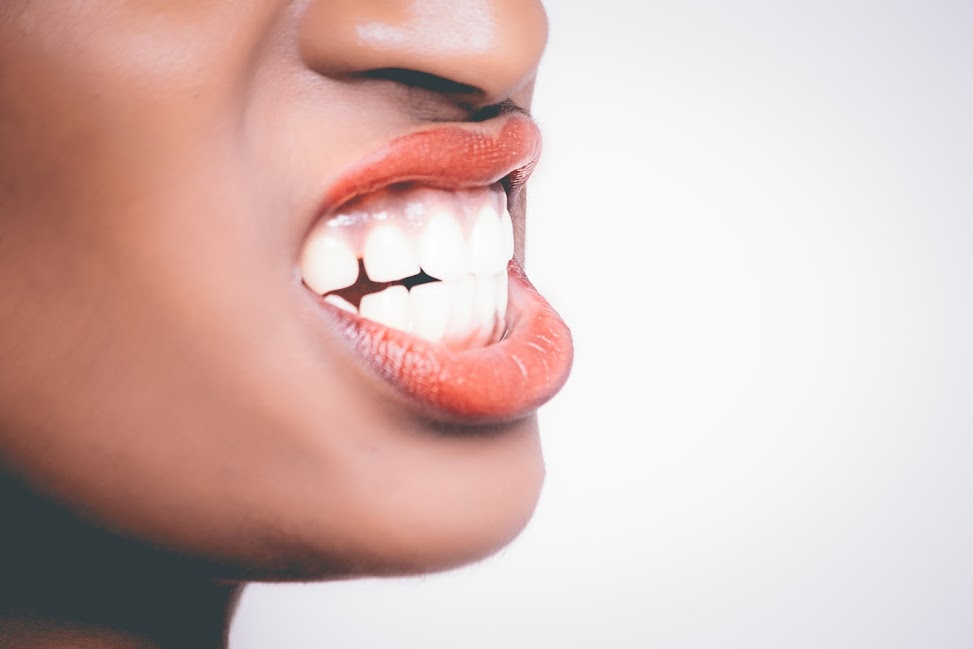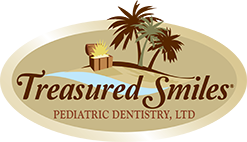What You Need to Know About Hyperdontia

Most humans start with 20 primary teeth, which fall out to make room for the 32 permanent teeth you have as an adult. If you have hyperdontia, however, too many teeth start growing. This is medically referred to as supernumerary teeth, but they are basically extra teeth. If you believe you or your child has hyperdontia, check out these commonly asked questions to learn more.
What Causes Hyperdontia?
Some people only grow one or two extra teeth, and these teeth may never fully develop. If you have hyperdontia, however, you'll have lots of extra teeth growing. The exact cause of this condition is still unknown, but researchers believe it is connected with certain hereditary conditions. For this reason, if you have hyperdontia, you probably already have another condition too.
One hereditary condition that may cause hyperdontia is cleidocranial dysplasia, which also affects the development of the skull and collarbones. Another is fabry disease, which prevents you from sweating and causes painful hands and feet. Other common hereditary conditions include Gardner's syndrome and Ehlers-Danlos syndrome.
Some birth defects may also increase the risk of hyperdontia. Cleft palate and cleft lip not only leave an opening in the roof of your mouth or lip, but they also may negatively impact teeth and oral development in many ways, including causing hyperdontia.
What Are the Symptoms and Complications?
The leading symptom of hyperdontia is extra teeth. Teeth can grow anywhere along the dental arches (where teeth meet the jawbone). The extra teeth are not always perfectly healthy and fully developed teeth. When this does happen, it's known as supplemental. They will usually look just like the teeth they are besides.
More commonly, however, the teeth are not properly developed. They may be conical (thicker at the bottom and narrow at the top to look pointy), or they may be shaped like a tube (tuberculate). Some teeth aren't even one full tooth; they may be made from several small bits of tooth-tissue growing in a cluster (compound odontoma). With complex odontoma the bits of tooth tissue grow sporadically.
These extra teeth cause a lot of problems, including overcrowding and decay. However, in many cases, if the tooth tissue is left behind, it can mutate into a cyst or tumor. The extra teeth can also prevent healthy teeth from fully erupting, and/or they may cause damage to healthy teeth.
Can Hyperdontia Be Prevented and/or Treated?
Because it is usually related to genetic conditions, hyperdontia can't be prevented, but you can spot the signs early and start seeking treatment to prevent as many complications as possible.
Treatment for hyperdontia isn't always needed, however. But if the condition causes you pain or oral complications (including difficulty cleaning your teeth), your dentist will recommend having the extra teeth extracted.
If the supernumerary teeth have affected your permanent teeth, such as causing them to grow in crooked, you may also need orthodontia treatment to reposition the teeth. Invisible aligners can be a great choice for mild adjustments, but if teeth are rotated or your bite has been affected, you will probably need traditional braces, which are more effective.
Depending on the amount of damage healthy teeth have taken, you may also have chips, cracks, decay and/or weak teeth. For this reason, your dentist may also recommend fillings, dental crowns and/or veneers to ensure the smile is healthy and looks great.
Hyperdontia isn't a common condition, but for those affected by it, it can make eating and speaking difficult. In severe cases, your healthy teeth may be negatively impacted, requiring expensive treatments. If you would like more information about hyperdontia or supernumerary teeth, contact us at Treasured Smiles Adult & Cosmetic Dentistry.
